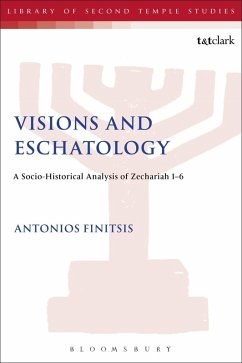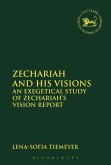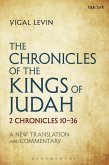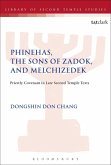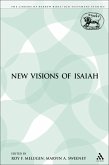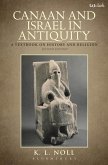Zechariah 1-6 is unlike most of the prophets in the Hebrew Bible. He is pro-establishment and he conveys his message mostly with visions. These observations have led to scholarly disagreements as to how one should understand his role. Antonios Finitsis mediates this disagreement by triangulating the relationship of Zechariah's visionary mode of expression, his message and his function. Zechariah has often been seen as a link between prophecy and apocalypticism. However, Finitsis argues again assuming the presence of this link - warning against the potential for reductionist thinking. Furthermore, Proto-Zechariah's viewpoint is particular to the post-exilic social setting. His visions are influenced by the social circumstances in which they are expressed. Proto-Zechariah refers to the near future using elements from the community's present. Therefore, Finitsis defines the message of Proto-Zechariah one of restoration eschatology, suggesting that the text is addressed to a small province plagued by inner-community conflicts. The text succeeds in alleviating social discord by empowering the people to rebuild their community. This presents a unique and challenging understand of Zechariah's prophetic role.
Bitte wählen Sie Ihr Anliegen aus.
Rechnungen
Retourenschein anfordern
Bestellstatus
Storno

